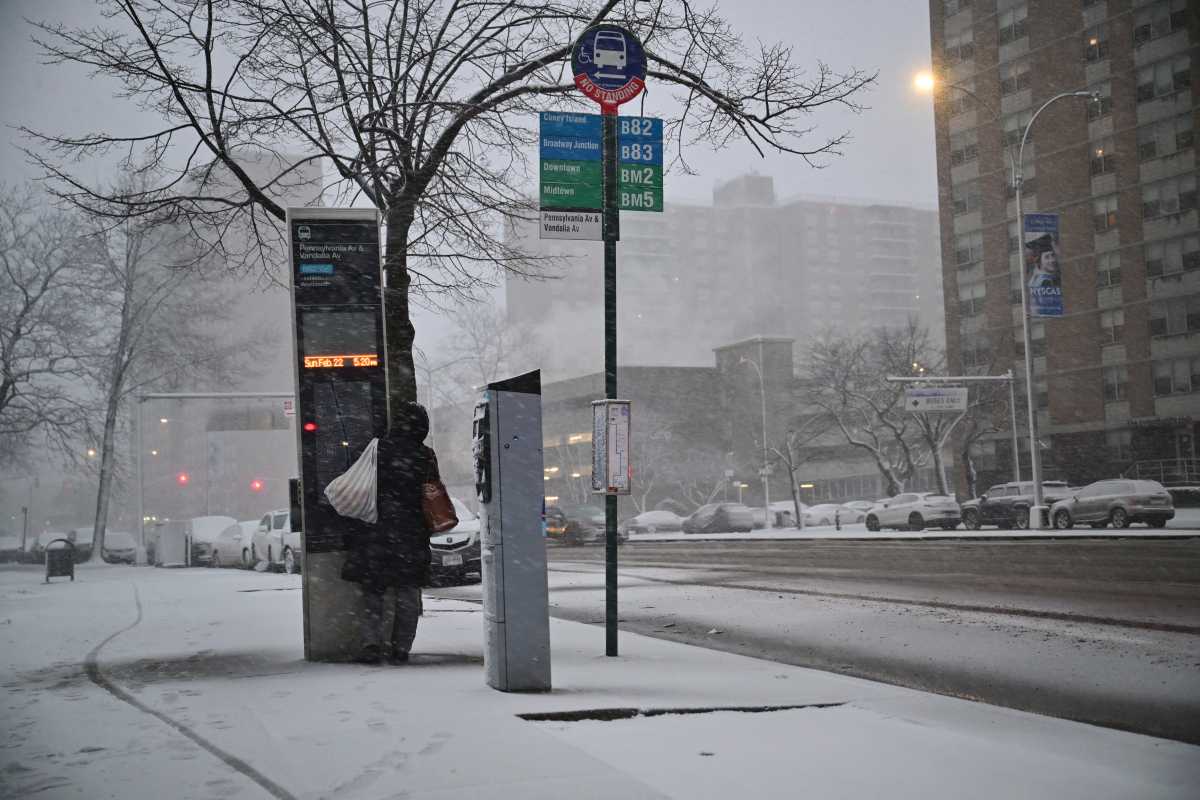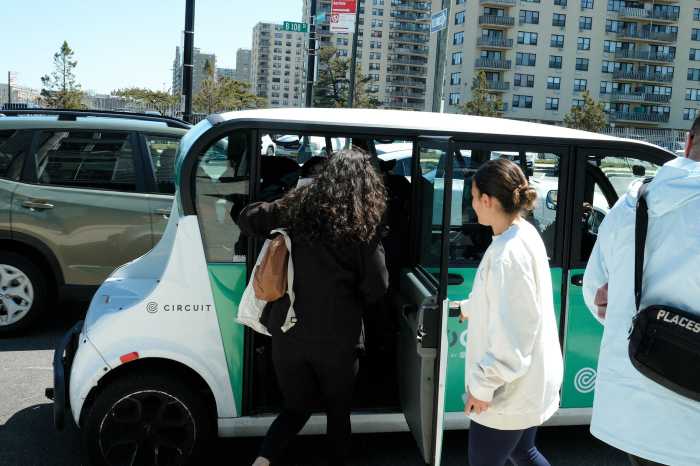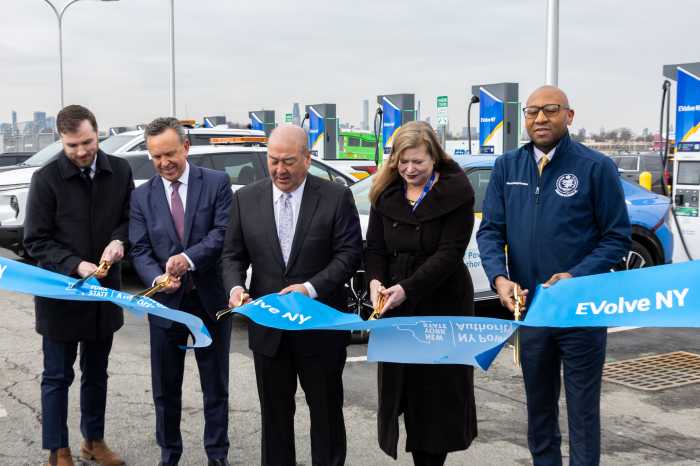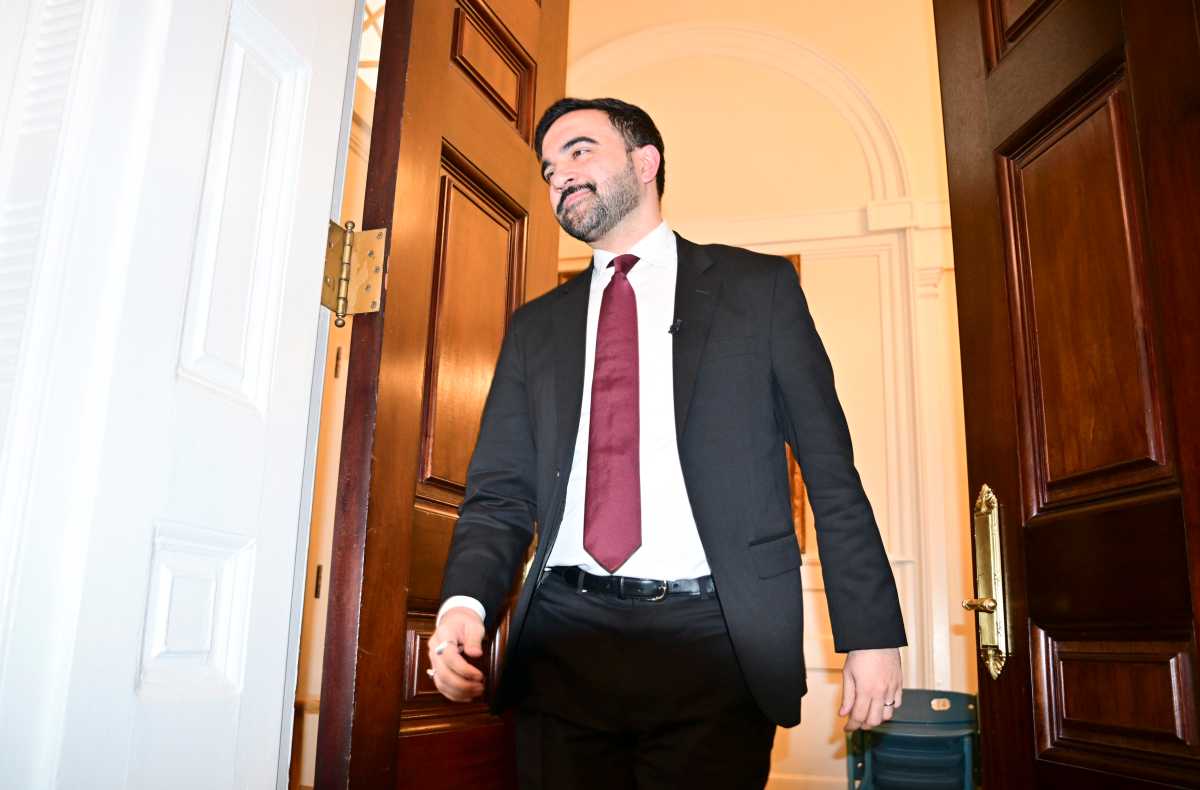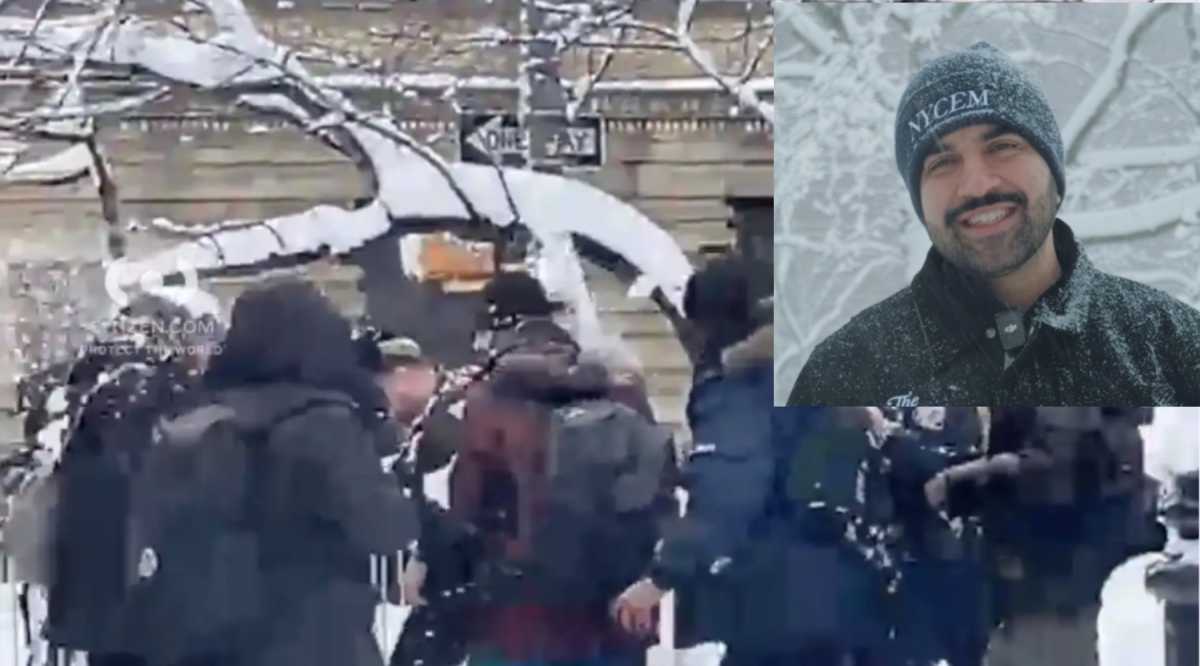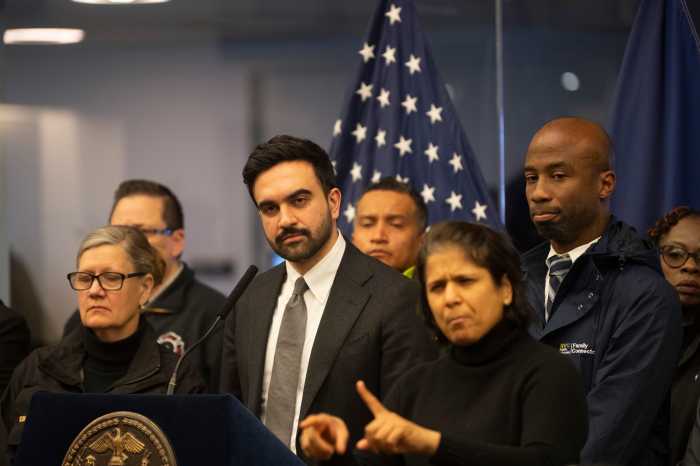By Alex Robinson
In the event of a Long Island Rail Road strike, commuters in eastern Queens who depend on the train might have drawn the shortest straw of all.
The area’s commuters would have to take buses to subways because shuttles provided by the MTA as part of a contingency plan would not make any stops in between the pickup spots in Long Island and drop-off sites in Queens.
MTA officials said there is no plan to expand bus service in northeast Queens, but if additional buses are needed, they will run them.
“It would be a huge pain,” said Joanna McMahon, a Bayside commuter who depends on the service to go to work in Manhattan at least twice a week. She said she is planning on taking an express bus if a strike happens.
“I’m not happy, but I think the union people are asking way too much, because in the end, we have to pay for it,” she said.
John Lauria, who lives in Bayside and also uses the LIRR to travel to Manhattan for work five days a week, said the company he works for has agreed to put him up in a hotel for the duration of the strike.
“It’s really an inconvenience for many people,” he said. “It’s going to paralyze the roads and a lot of companies that rely on commuters.”
Others have accepted the fact they will not be able to get to work. Belky Balaguera, who lives in Hempstead and works at Queens Family Court in downtown Jamaica, endured four days of LIRR service being shut down after Superstorm Sandy and said she is resigned to staying home if a strike occurs.
“At the moment, I don’t have an alternative to go to work,” she said. “In case of a strike, I just can’t go to work.”
The MTA has been in contact with more than 1,400 businesses across the city and said it has commitments from 18,000 people to telecommute from home if a strike occurs.
State Comptroller Thomas DiNapoli said the strike could cost the local economy $50 million a day, as it would prevent tens of thousands of people from traveling in and out of the city from Long Island during peak tourist season.
A contingency plan released earlier this week by the MTA would see 350 shuttle buses ship 15,000 riders a day from eight different locations on Long Island to three subway stations in Queens during rush hours in peak directions. Long Island commuters will be taken to the subway stations at Citi Field (7), Howard Beach (A) and Woodhaven Boulevard (M, R).
An additional 4,000 parking spaces will be available at Citi Field for commuters to park their cars and get on the No. 7 train and there will be 3,000 parking spots at the Aqueduct Raceway so riders can get get on the A train.
“The LIRR transports thousands of Queens residents and is particularly crucial in areas like eastern Queens, which lack direct access to the subway system,” City Councilman Mark Weprin (D-Oakland Gardens) said in a statement. “I therefore urge the MTA and members of the union to come to an agreement and avoid any service disruptions. It would be wrong to punish the Long Island Rail Road’s more than 300,000 daily commuters as a result of this dispute.”
MTA officials have said the situation would not be pretty if a strike occurs as subways and highways will be overcrowded, but they insisted the contingency plan is more robust and stronger than the preparations before the last LIRR strike in 1994.
The unions and the MTA resumed talks Wednesday afternoon after Gov. Andrew Cuomo issued a statement urging both sides to come to an agreement.
“Both the MTA and the LIRR unions need to put the interests of New Yorkers first by returning to the table today and working continuously to avoid a strike,” he said.
Both sides took turns pointing the finger at each other Monday afternoon after negotiations broke down.
MTA Chairman Thomas Prendergast said talks had collapsed because there was “not a gap but a gulf” between the two sides.
“They haven’t moved at all slightly from their position,” Prendergast told reporters at MTA headquarters Monday afternoon. “Until they’re ready to move, there’s no reason to have negotiations.”
Anthony Simon, general chairman of the unions at the negotiations, released a letter Monday afternoon slamming the MTA for rejecting their most recent offer presented last Thursday without making a counter offer.
“MTA has clearly decided that provoking a strike is the course of action it intends to pursue,” Simon said in the letter.
He also said the unions were prepared to wind down service beginning Wednesday in preparation for the walkout at midnight Sunday.
The union has requested a 17 percent pay raise over six years. The MTA agreed to give the increase over seven years, but also included a requirement that new employees contribute more to their health care costs.
“We must be able to do this in a fiscally responsible manner for the long term,” Prendergast said. “If we were to accept this deal on their terms, it would put additional pressure on both fare increases we have projected in the financial plan and funding of the capital program.”
Prendergast said Monday the MTA had moved three times in its offers to the unions.
A deal was not reached by the end of the work day Wednesday and talks were set to resume Thursday morning, the MTA said.
MTA officials urged commuters to check the agency’s website to get up-to-date information about transit options in the event of a strike.
Reporter Juan Soto contributed to this story.
Reach reporter Alex Robinson by e-mail at arobinson@cnglocal.com or by phone at 718-260-4566.

